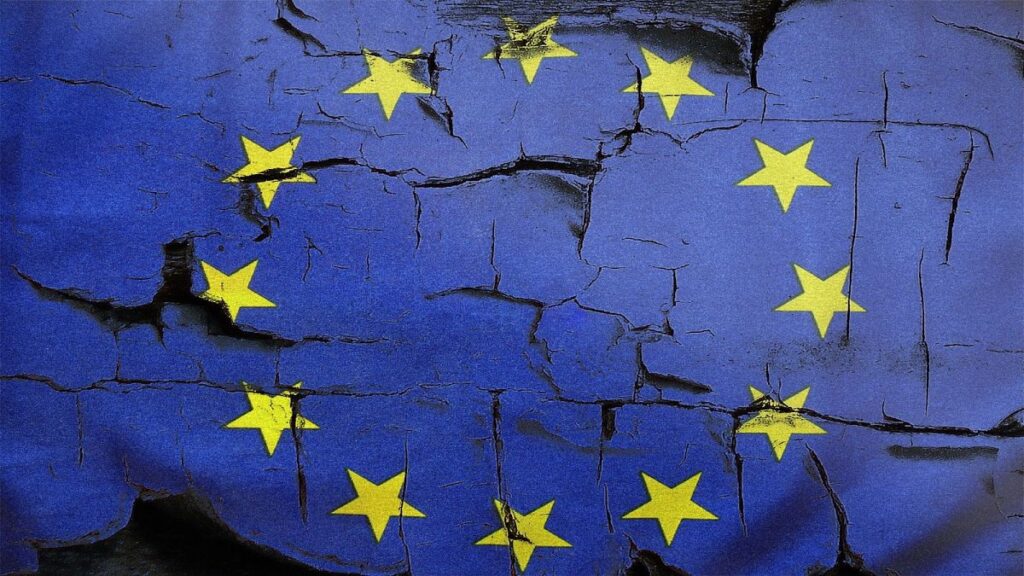The current landscape of international relations suggests a significant shift away from the established U.S.-led global order, which has long provided a framework for stability and cooperation since World War II.
As American influence wanes in the face of rising powers such as China and various regional actors, we are witnessing an unsettling fragmentation of the norms that have governed global interactions. This transition is likely to usher in an era marked by increased military confrontations, a resurgence of nationalism, and a retreat into protectionist policies, all of which threaten the very foundations of international law and economic collaboration.
Western Europe, having enjoyed a prolonged period of peace and prosperity under U.S. hegemony, now finds itself at a crossroads; it must not only redefine its strategic posture but also cultivate a robust power model that can navigate this new reality.

The challenge lies not merely in re-establishing transatlantic ties or mitigating the effects of populist movements but in crafting a cohesive strategy that enhances Europe’s economic influence while building resilient partnerships to counter emerging threats. With its economic leverage diminishing, the urgency for the EU to act decisively cannot be overstated, as the pillars of sovereignty, territorial integrity, and international cooperation face unprecedented challenges from both adversaries and erstwhile allies.
The time for proactive engagement and strategic foresight is now, as the stakes for Europe—and indeed the world—have never been higher.





